Mindletic is a digital mental gym where people can predict & prevent emotional imbalance by boosting their psychological resilience and emotional flexibility.
Our science-backed mental training program is co-created with certified mental health professionals, Vilnius University, Psychological Association & mental health organizations exploring well-aimed topics.
Those Mindletes who use the training program + take part in consultations, report 23% more pleasant emotions and higher energy levels. Check out the available tools below and encourage your clients to make use of available resources to get the most out of their Mindletic journey! 🏋️
All these resources can be found in the Mindletic app. Scroll down to the Explore section and find these under Reflect, Practice, and Learn sections.
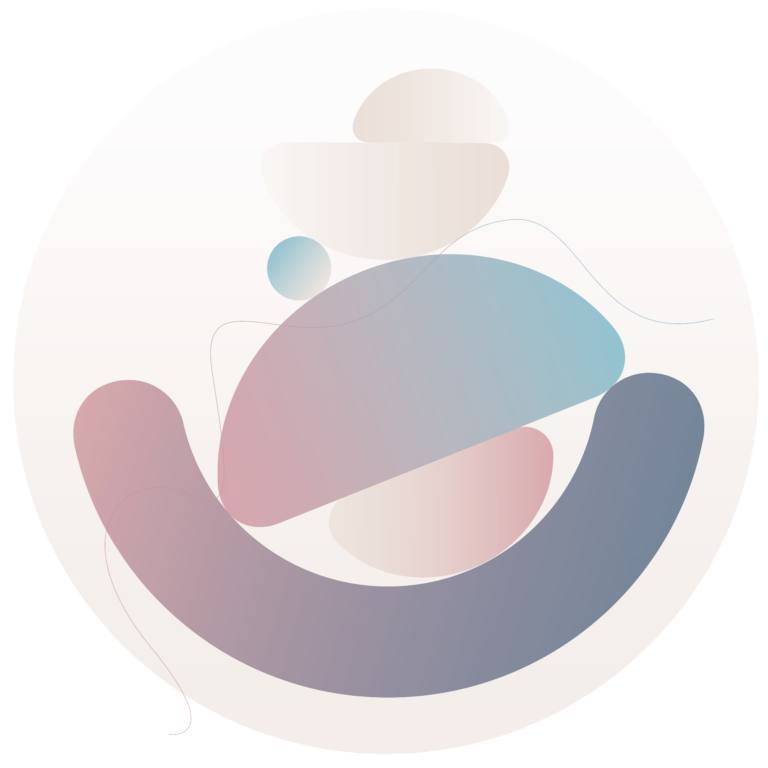
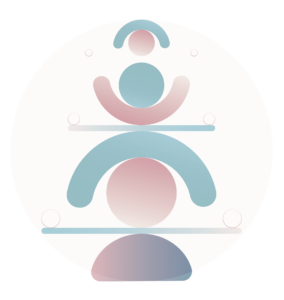
Reflect:
TRACK YOUR EMOTIONS:
What is it?
Emotional journaling is a technique that is used to improve one’s self-awareness. Based on Barrett’s model of emotion, the tool helps identify emotions in relation to energy and pleasantness levels, and notice behavioral responses to them. It can also work as a reminder that emotions are temporary states rather than definitions of who we are.
Why is it useful?
Tracking one’s emotions can not only help individuals increase their emotional literacy, but also identify patterns and triggers. Polishing this skill is a step closer to the ability to change one’s responses that at times might seem mechanical.
Best practice from the community: you can suggest clients to track emotions between sessions and discuss emerging patterns/data findings in the next session.
MORNING FOCUS:
What is it?
Writing down one’s focus for the day is a part of the planning process which gives a sense of direction for the day.
Why is it useful?
Knowing the focus of the day allows for more productive behavior, can reduce the stress felt about uncertainty, and save 1-2 hours a day. Writing down the morning focus after reflecting on our emotional state can also help adjust the response to dominating emotions.

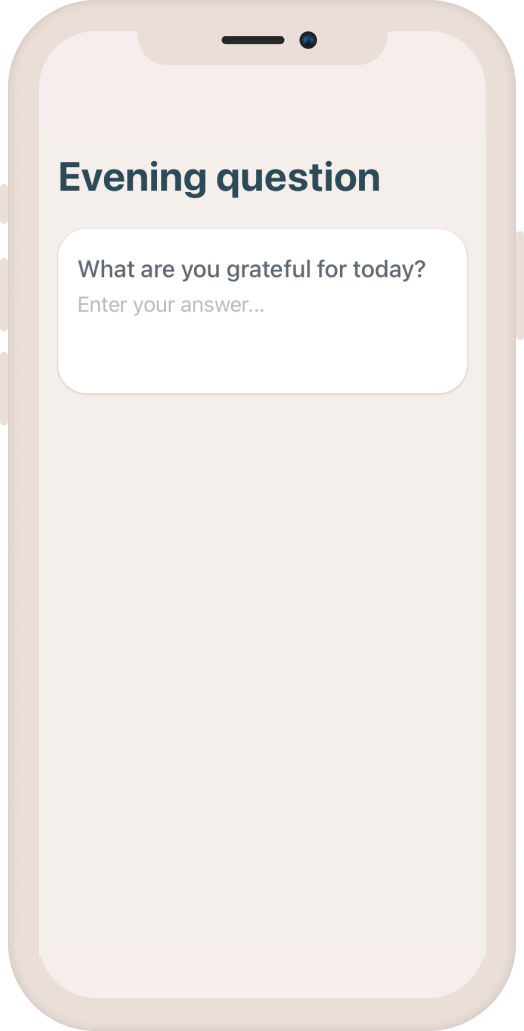
EVENING GRATITUDE:
What is it?
Reflecting on the things and experiences that we’re grateful for is a way to draw attention to those aspects that are of value to us.
Why is it useful?
Expressing gratitude gives less power to negative emotions – the brain cannot respond to gratitude and anxious senses at the same time, grateful thoughts promote a sense of calm. It also makes us feel more grounded, and can help us get better sleep by lowering the likelihood of pondering over worries at night.
YOUR DIARY:
What is it?
Diary is a place where we can write down our thoughts and feelings, to organize those and make them more clear.
Why is it useful?
Writing things down can help make sense of thoughts that come to mind, look at the experience from a more objective standpoint and, when used together with other tools, help understand different triggers and responses (e.g. journaling can help understand what might have caused a certain emotional response). You can suggest clients to use the diary function between sessions to make notes of the experiences/feelings they’d like to discuss during the sessions.
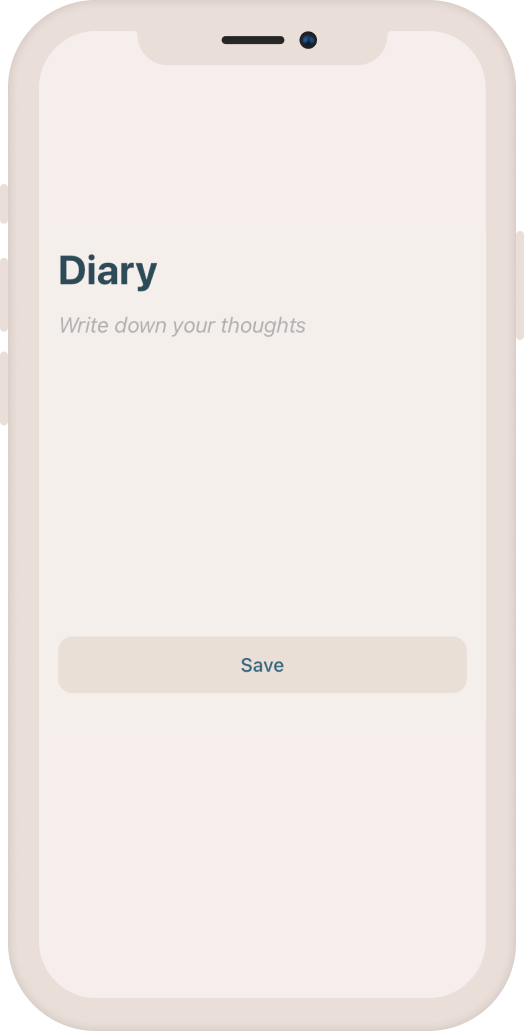
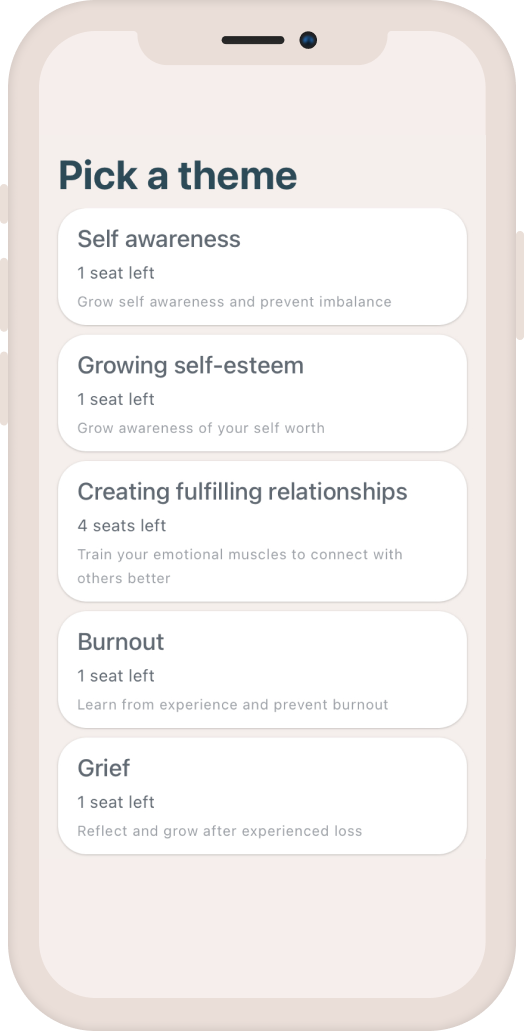
THEME GROUP:
What is it?
Guided 4-week reflection in a group to discuss a theme of interest.
Why is it useful?
Reflecting with others can help us feel a sense of belonging rather than dealing with things on our own. Group setting gives the opportunity to gain a different perspective on a situation. Currently available topics: Self-awareness, Growing self-esteem, Creating fulfilling relationships, Burnout, Grief, Boredom, Managing anxiety, Turbulent & Uncertain times.

Practice:
BREATHING EXERCISES:
What is it?
Breathing techniques are aimed to help learn how to regulate the frequency and duration of inhaling/exhaling to promote coordination between the body and the mind.
Why is it useful?
Breathing exercises can help promote relaxation and reduce stress. Learning to notice bodily reactions, such as differences in breathing, and control them is a way to be more present and notice what the body might be trying to tell us.
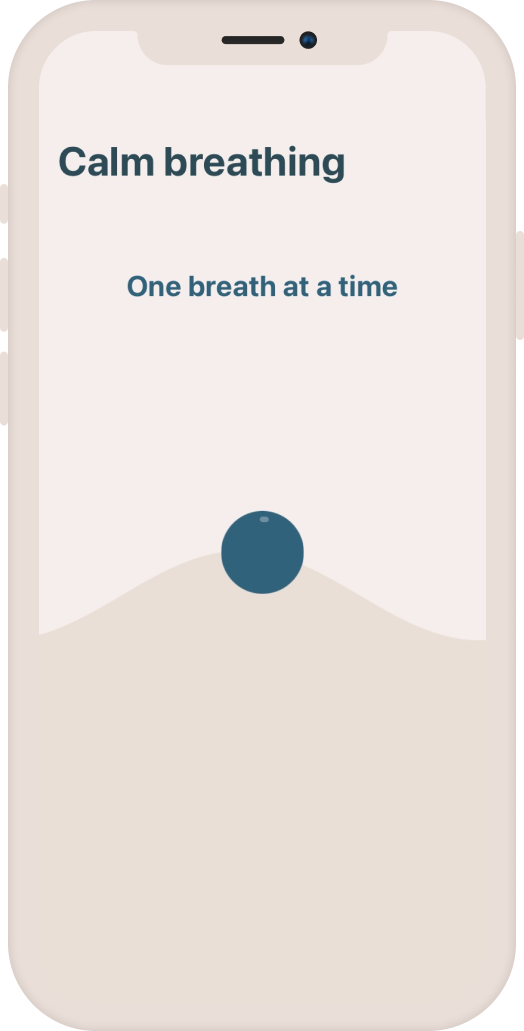
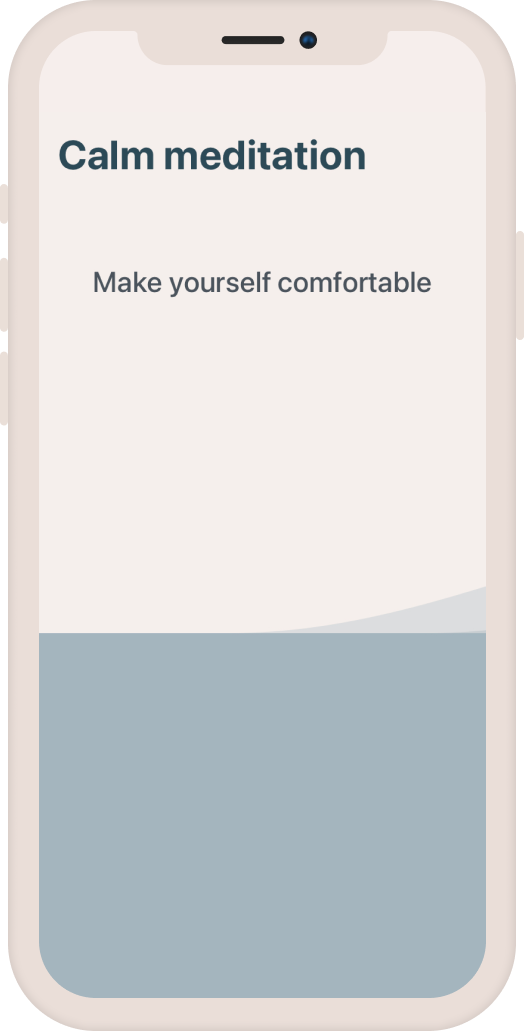
MEDITATIONS:
What is it?
Meditation is a practice of techniques that allow us to increase awareness of the present moment. It trains our minds to focus and redirect our thoughts.
Why is it useful?
Regularly practicing meditation can reduce stress and anxious feelings, improve memory, increase attention and help get better sleep.
SOUNDSCAPE MEDITATIONS:
What is it?
Soundscape is our acoustic environment. Soundscape meditation is a mindfulness technique that focuses on the skill of listening to surrounding sounds.
Why is it useful?
This exercise gives the opportunity to create soundscapes personally. The provided sounds can be used to create our own acoustic environment to calm down, relax or lift ourselves up.
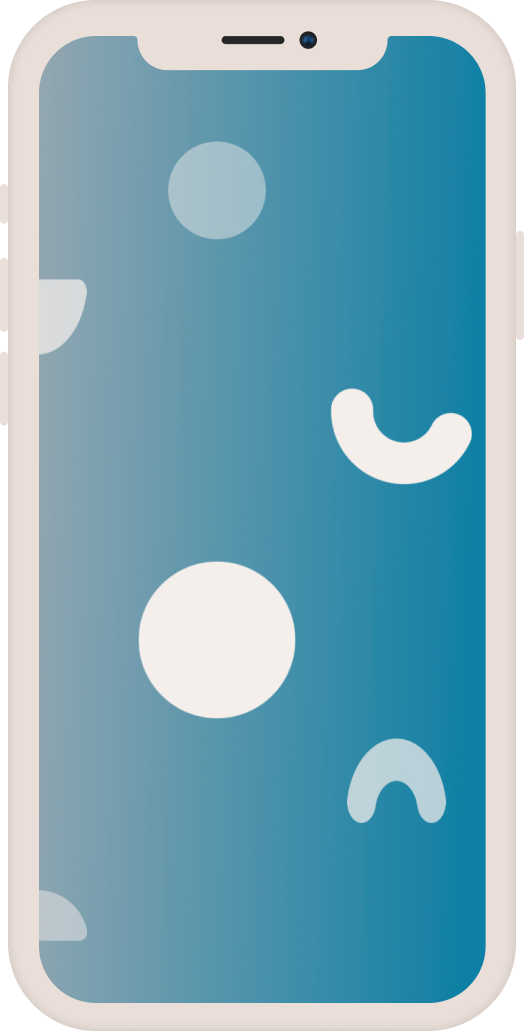
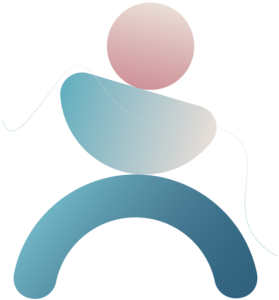
Learn:
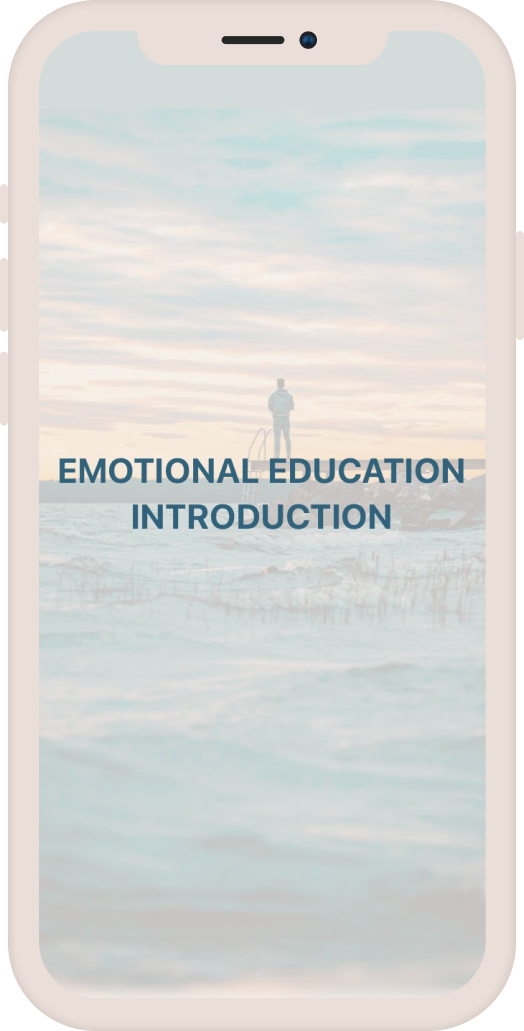
INTERACTIVE LESSONS:
Our Emotion Education course is created to serve as the first step towards better emotional balance. The course consists of 4 lessons on:
– Introduction to emotional education
– Recognizing triggers in context
– Body sensations and their interpretation
– Responses to triggers
Interactive lessons in the course aim to help users understand themselves better, draw attention to emotional responses and notice how that affects their physical senses. It can be extremely useful for people who are at the start of their journey of building emotional muscles.
READ ARTICLES:
From entries about boredom, anger, and emotional exhaustion to emotional nurturing, the power of gratitude, relationships (and many more!), our articles library is full of resources to get a better perspective on the situation we’re dealing with. You can make use of these to support your clients in between sessions.
All articles can be accessed via the app. Also, if you’d like to be one of the professionals sharing their insights here, give us a shout!
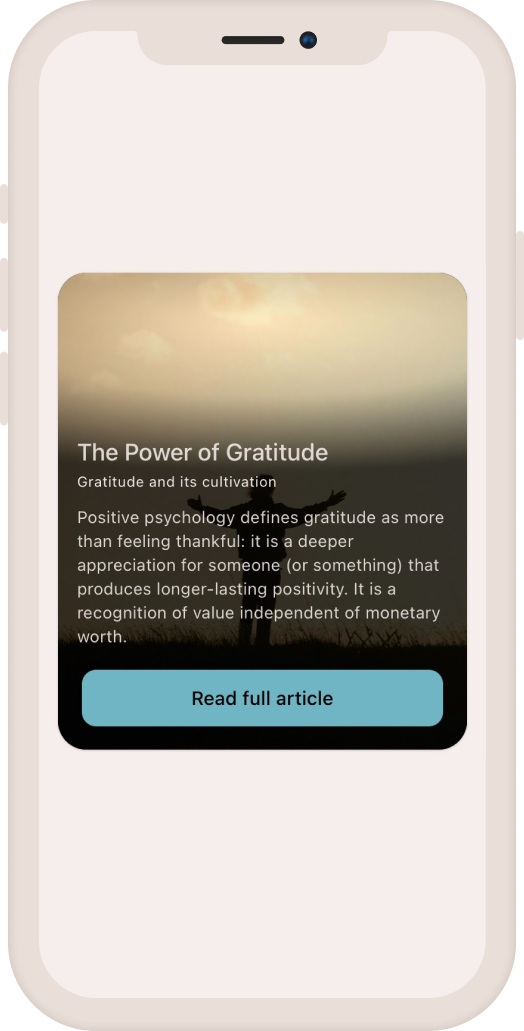
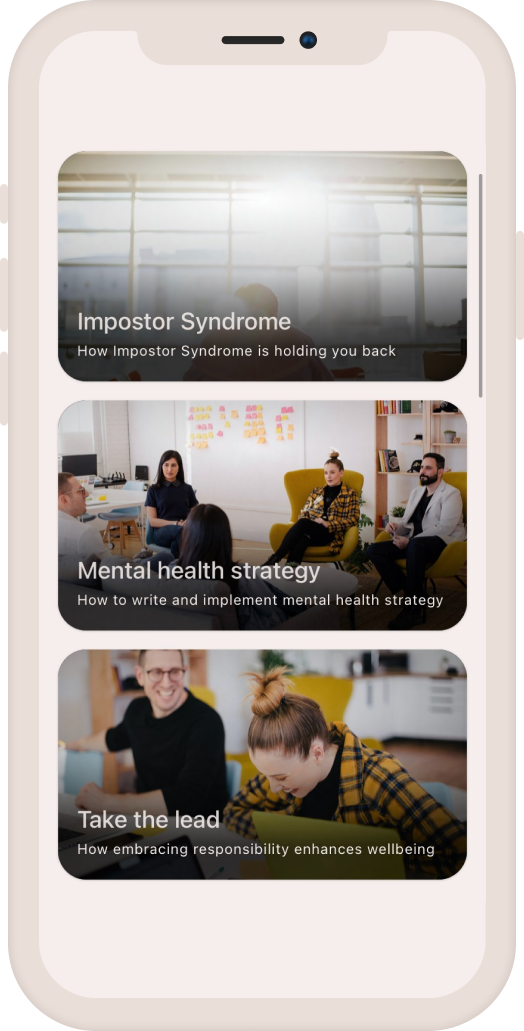
WATCH PAST EVENTS:
We have at least two events happening every month where professionals in their field share invaluable insight with the Mindletic community. Navigate the Learn section on the app to check these out!
From organizational topics (e.g. implementing a mental health strategy, leading in times of uncertainty) to individual-level insight (recognizing impostor syndrome, helping ourselves feel less anxious), the events are a further way to broaden our emotional understanding, make use of the global knowledge-sharing opportunity and showcase the importance of talking openly about mental health.

Personal insights:
Here, users can see the summary of their emotional balance zone, energy and pleasantness levels reported over the week, the timeline of completed exercises, and, if integrated, their health data (steps, sleep, activity).
These insights can help keep track of the training journey, and serve as a great tool for overview during sessions.
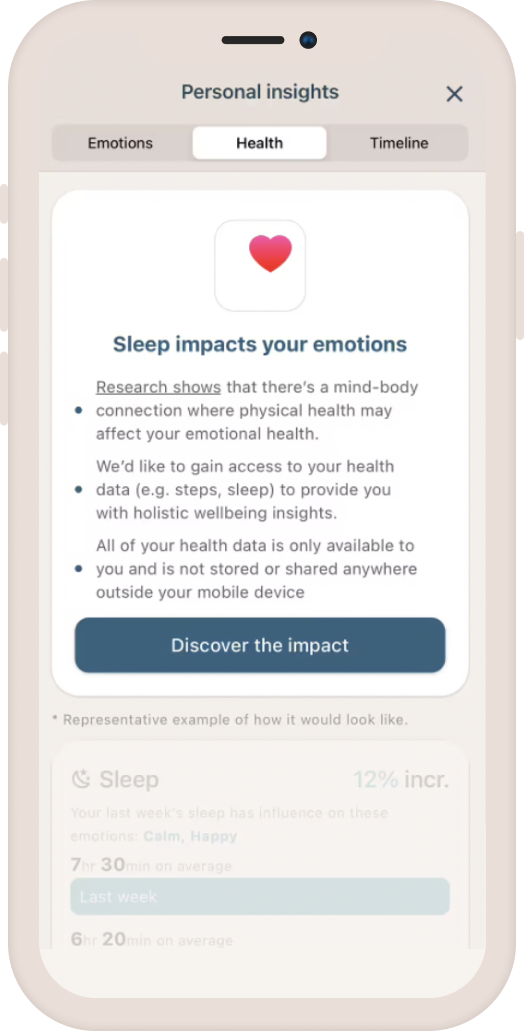
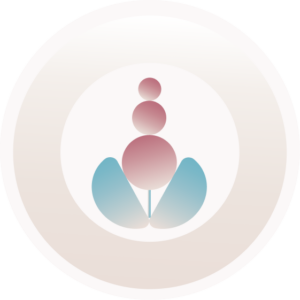
If you have any feedback about the app from the clients, have thoughts yourself, or would like to suggest something that could bring the most value to our Mindletes community, get in touch!
Let’s help people increase self-awareness, boost emotional resilience and prevent costly behaviors in day-to-day life together. 🌱
